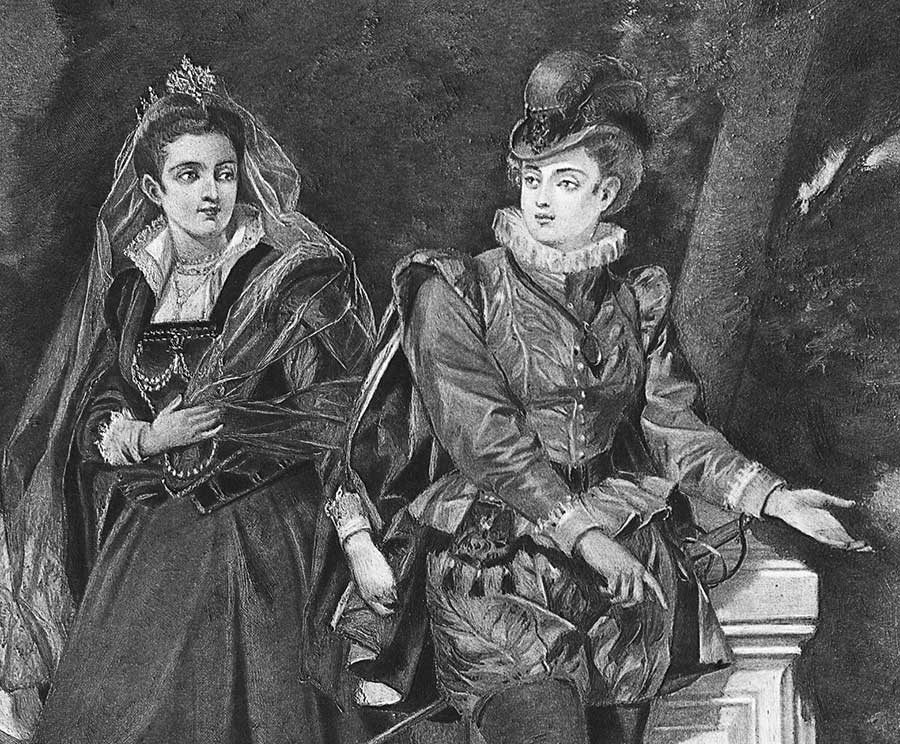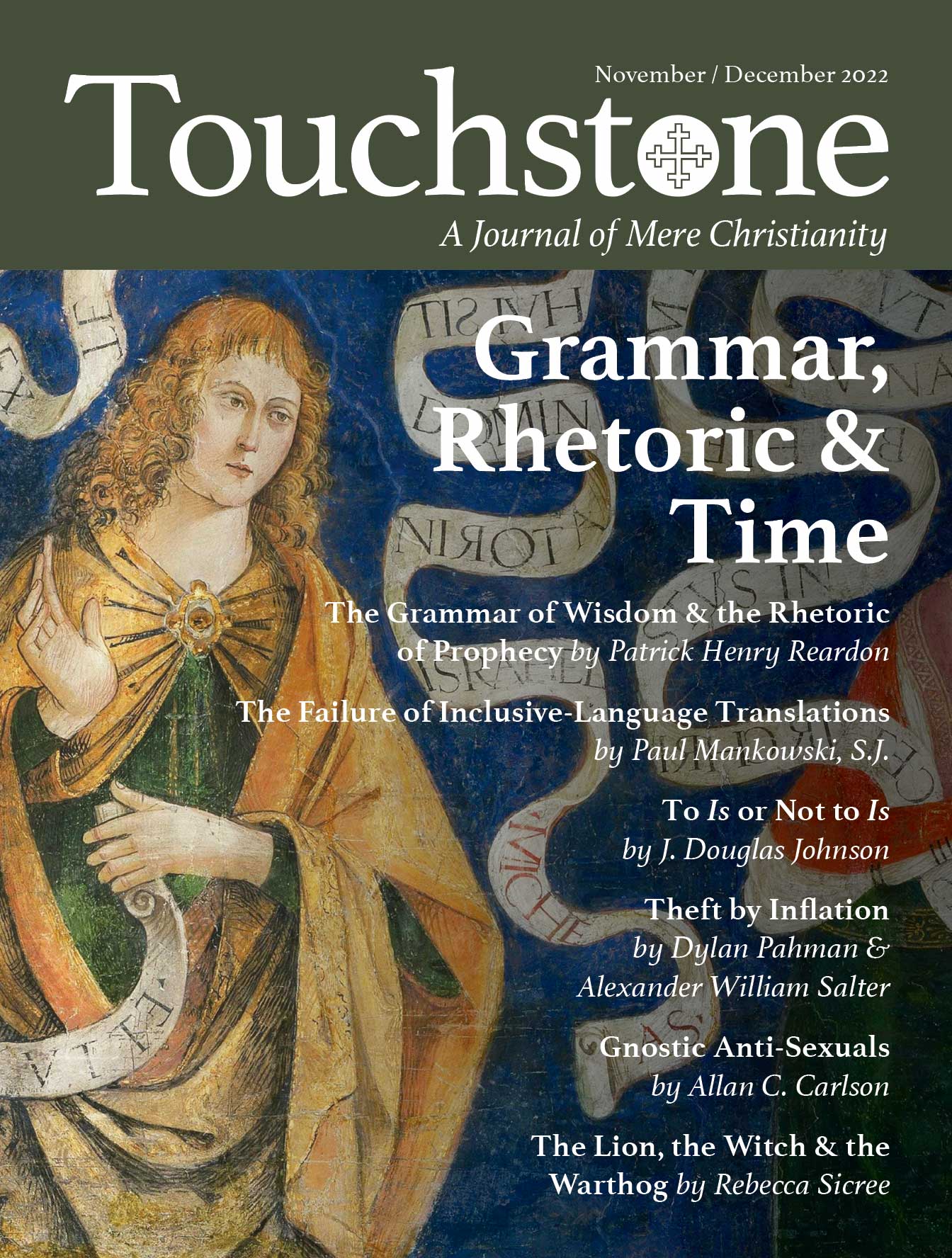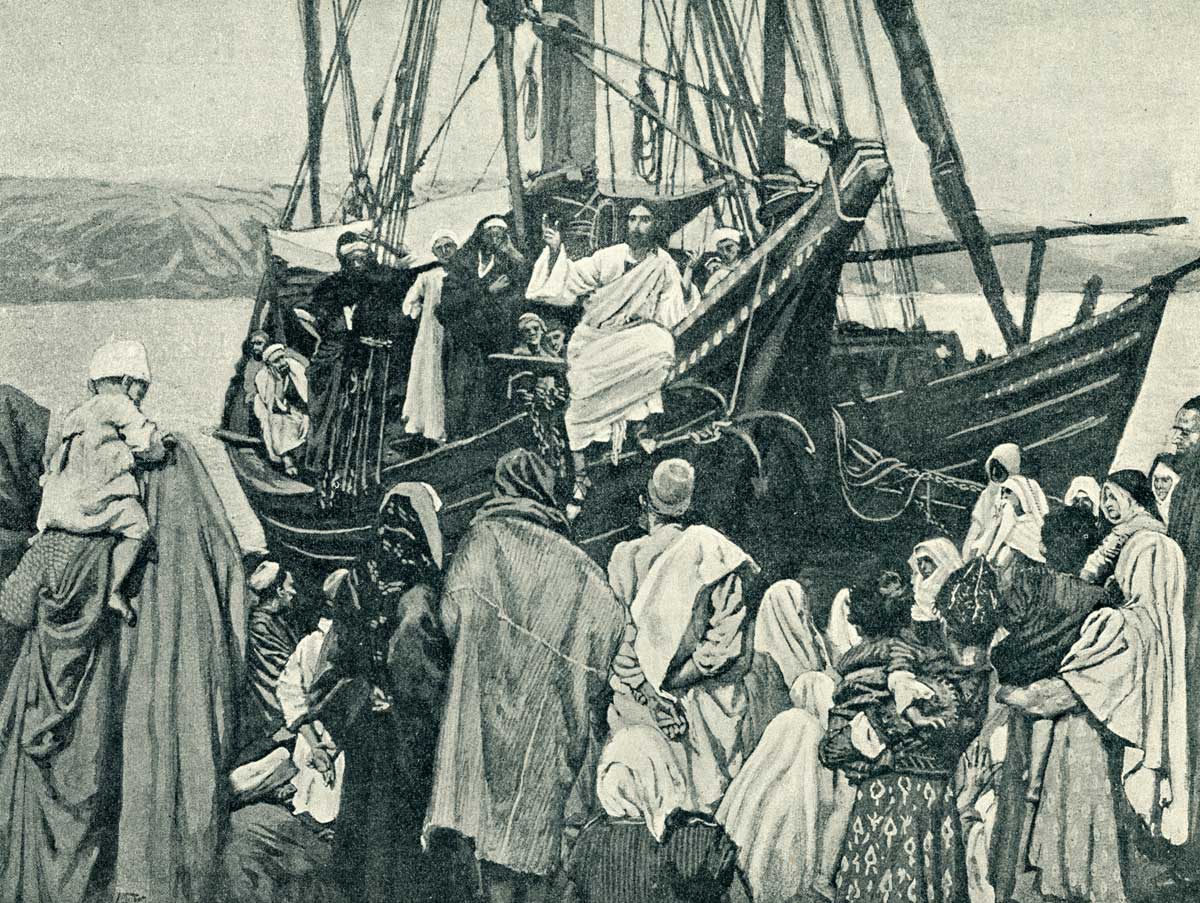To Is or Not To Is
One sentence in a recent New York Times story on the monkeypox virus caught my eye. The article stated that transmission occurs primarily between “men who have sex with men.” At least initially, the Centers for Disease Control (CDC) used the same phraseology on its website.
Why didn’t the Times (and the CDC) put it the way they always have and say that transmission occurs primarily “between homosexual men”? Well, I suspect that when men face the loss of life or the suffering of an incurable, low-grade version of smallpox, even writers at the New York Times know that the time has come to speak with the utmost clarity about what specific acts could put a man in a hospital bed with this incurable illness.
Alas, since two people of the same sex cannot “have sex,” the New York Times and CDC only made it halfway to clarity, but close enough for horseshoes, hand grenades, and monkeypox.
H. G. Wells could have claimed credit in 1899 as the first writer to have scrawled “sex” as shorthand for “sexual intercourse,” but no man could “have sex” with a woman before 1929, when D. H. Lawrence coined that phrase. At this point in the game, one could argue that everybody knows what these idioms mean, and fair enough I suppose, but writers don’t invent neologisms for nothing. And many do it for reasons they have every intention of concealing from their audience.
An E-Primary Concern
In 1992, The Atlantic published a short essay by Cullen Murphy titled “‘To Be’ in Their Bonnets,” about a fun little subgroup of the International Society for General Semantics (ISGS). Members of ISGS believe “that the very structure of language can influence or distort our perceptions, and they contend that a failure to observe the many ways in which language can do this results in an inability to apprehend the meaning not only of other people’s words but of one’s own as well.”
The Atlantic article concerned a quixotic group of men who write in something called E-Prime, whereby they never use any form of the verb “to be”—be, been, is, am, are, was, were, etc.—in their written work (the die-hards of the group have even learned to speak in E-Prime). For what reason would someone subject himself to this migraine-inducing task?
The article quoted a passage, popular among advocates of E-Prime, from a 1923 essay by George Santayana, who points out that the word is “has its tragedies”:
It names and identifies different things with the greatest of innocence; and yet no two are ever identical, and if therein lies the charm of wedding them and calling them one, therein too lies the danger. Whenever I use the word is, except in sheer tautology, I deeply misuse it; and when I discover my error, the world seems to fall asunder. . . .
I’ve regarded myself as an auxiliary E-Primer ever since I read that article, because of how E-Prime short-circuits so many of the language tricks clever writers use to foist diabolical fantasies on an unsuspecting public. God’s mysterious declaration of the absolute in his answer to Moses—“I Am That I Am”—provides more than enough warning to steer any E-Primers away from Bible translation. Nonetheless, Isaiah seemed to have a firm grasp of Santayana’s error when he warned those who dabble in duplicity: “Woe unto them that call evil good, and good evil; that put darkness for light, and light for darkness; that put bitter for sweet, and sweet for bitter!”
Almost the entirety of the sexual identity movement would go out the window without access to be-verbs. For instance, no one could say, “Lia Thomas is transgender,” but would instead have to say something like, “Will Thomas changed his name to Lia and put on a woman’s bathing suit so that he could compete in the women’s NCAA swimming championships.” Put that way, I doubt whether a single American politician would commend such a thing, even though Thomas (with the approval of the NCAA) did exactly that as our politicians applauded. By removing be-verbs from our vocabulary, E-Prime forces us to say what a man does, rather than allowing us to obfuscate all that under the cloud of what he “is.”
“To Be” Moralism
Consider also former Attorney General Loretta Lynch’s self-righteous defense of the politically ascendent transgenderism movement on May 9, 2016, when she proclaimed, “None of us can stand by when a state enters the business of legislating identity and insists that a person pretend to be something or someone that they are not.” One would already have to have traveled far down the transgender rabbit hole to have any idea what that meant. My friend the philosopher and word-parser Daniel Moody surprised his readers at the time by cheekily noting that he agreed with every word Loretta Lynch spoke. He only disagreed with what she meant. “I would have used the same words she did. It is just that I would have used them to mean something very different. In fact, apart from her words, I disagree with everything she said.”
If E-Primers had put AG Lynch to the task of rephrasing her transgender declaration without the use of be-verbs, she would have had to say something like, “None of us can stand by when . . . a man puts on a woman’s dress and the state insists he must not fool anyone into identifying him as a woman.” Now since I don’t think the state has any business regulating how convincing one appears in costume, I pretty much agree with the E-Prime translation here, except that no one could seriously think that the U.S. government ever gave a hoot about costume regulation. This nonsense aptly demonstrates what the ISGS means by its claim that be-verbs can create the “inability to apprehend the meaning not only of other people’s words but of one’s own as well.”
Yanking all the be-verbs will not stop people from writing absolute nonsense. For instance, I recently watched an advertisement on TV for a new drug, and when the pharmaceutical company (I can’t remember which one) arrived at the legal disclosures, it said, “Transgender men assigned female at birth must not take Bulverthaw” or whatever they called it. For those not yet up to speed on transgender-speak, the legal disclosure means that “women must not take [this drug],” even though it states that “. . . men . . . must not take” it. Ironically, the company’s legal department scripted these words to protect the company from lawsuits should an actual woman take this drug, which seems a likely eventuality given that its own disclosure states that “men . . . must not take” it!
E-Prime won’t get us out of every rabbit hole, and maybe it amounts to little more than a plaything for grammar nerds, but I’ll keep it in my back pocket just the same.
And if all this sounds like E-Prime would prove impossibly awkward, judge for yourselves. As Madge used to say in the old Palmolive ads, “you’re soaking in it.” Quotes aside, you have just read twelve hundred words written in E-Prime.
J. Douglas Johnson is the executive editor of Touchstone and the executive director of the Fellowship of St. James.
subscription options
Order
Print/Online Subscription

Get six issues (one year) of Touchstone PLUS full online access including pdf downloads for only $39.95. That's only $3.34 per month!
Order
Online Only
Subscription

Get a one-year full-access subscription to the Touchstone online archives for only $19.95. That's only $1.66 per month!
bulk subscriptions
Order Touchstone subscriptions in bulk and save $10 per sub! Each subscription includes 6 issues of Touchstone plus full online access to touchstonemag.com—including archives, videos, and pdf downloads of recent issues for only $29.95 each! Great for churches or study groups.
Transactions will be processed on a secure server.
more on literature from the online archives
more from the online archives
calling all readers
Please Donate
"There are magazines worth reading but few worth saving . . . Touchstone is just such a magazine."
—Alice von Hildebrand
"Here we do not concede one square millimeter of territory to falsehood, folly, contemporary sentimentality, or fashion. We speak the truth, and let God be our judge. . . . Touchstone is the one committedly Christian conservative journal."
—Anthony Esolen, Touchstone senior editor












